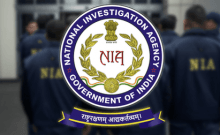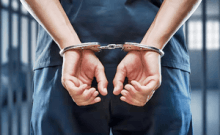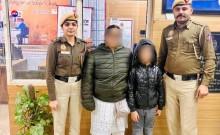
"Look at the American streets, people are getting killed there, including those who are leading the various political organizations," this is what Vladimir Putin had to say to the US press in June 2021 when questioned about all of his opponents and critics either being jailed or dying or disappearing under mysterious circumstances. When specifically questioned about his greatest critic and Russia's most powerful opposition leader and presidential candidate being poisoned while on a plane in 2020, and jailed thereafter he dodged the question by drawing parallels to Black Lives Matter movement.
On Friday, the 47-year-old Russian opposition leader died in one of Russia's toughest penal colonies, Arctic Circle Jail. Navalny, Putin's most staunch and vocal critic, was serving a 19-year sentence on charges of extremism that have been seen and widely reported as politically motivated.
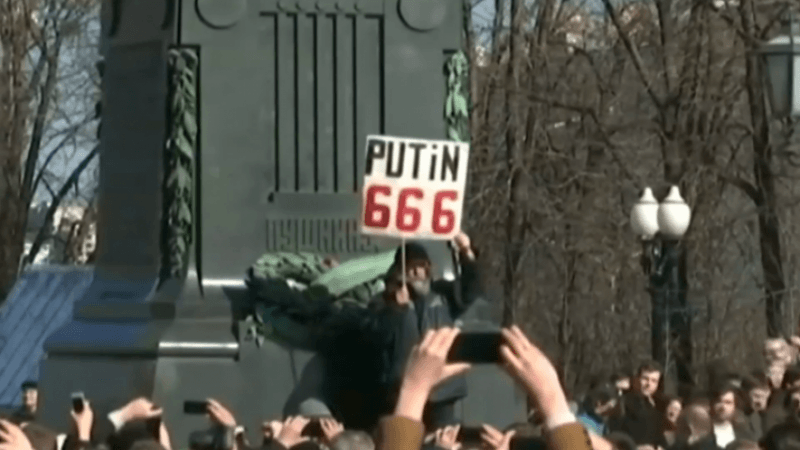
A strong and vocal believer in values of democracy and freedom of speech, Alexei's wife Yulia has appealed to the Russian and international community "to help punish this regime." His close ally and Anti-Corruption Foundation chief Ivan Zhdanoc has alleged that it is highly likely that Navalny has been murdered. The prison service said that he felt unwell after a walk on Friday and almost immediately lost consciousness.
Why Putin feared him so much?
In the beginning of 2021, Russian authorities were battling unprecedented protests in support of their popular and jailed opposition leader Alexei Navalny. Tens and thousands of people took to the streets with Moscow arresting nearly 3500 protestors showing their resentment against Vladimir Putin's 20-year-long rule.
The West widely condemned the arrests and police atrocities on protestors who continued to shout, "Let him go," "Russia will be free," "Putin go away," "Freedom to Navalny," among others.
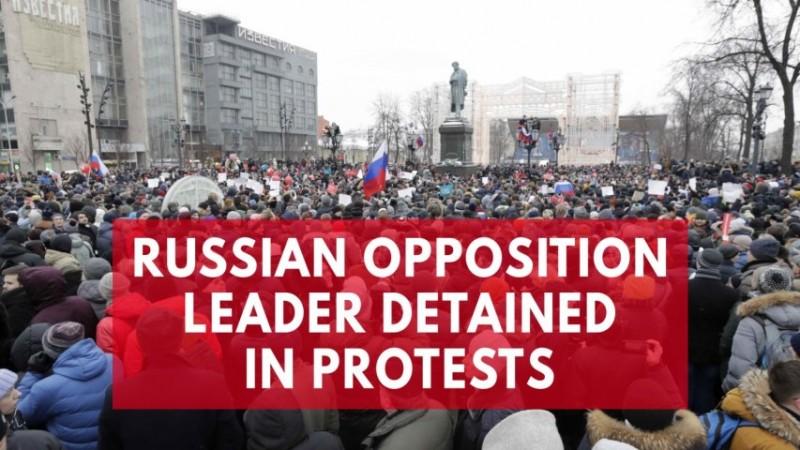
Navalny, a lawyer and anti-corruption activist had been garnering support of people back home exponentially. He gained international attention when he ran for office but was barred from running against Putin in the presidential elections of 2018. The Central Electoral Commission voted him ineligible because of a corruption conviction, which Navalny said all along was politically motivated. "Only Putin and the candidates he personally chooses, ones who don't pose the slightest threat to him are taking part," he had said back then during an interview to BBC. Navalny, across the nation, is widely regarded as the only candidate that had a chance of challenging and winning from Vladimir Putin.
Navalny was poisoned on a plane
He had been arrested on multiple occasions for arranging demonstrations but the fact that on 20th August of 2020, an attempt was made to poison Navalny came as a shocker to the world press. Navalny collapsed on an internal flight in Siberia and was flown to Germany for emergency medical treatment where he spent more than three weeks on a ventilator. He blamed the Russian authorities for the attempt to kill him, with his allegations backed up by several investigative journalists. European experts later confirmed that he had been poisoned with Novichok, a lethal Russian nerve agent. Kremlin denied any role in Navalny's attack, with Putin even telling the journalists that if Russian operatives wanted to kill Navalny, "they would have probably finished the job."
In January, Navalny boarded the flight back to Russia despite warnings that he would be immediately arrested on his arrival. "I know that I'm right. I fear nothing," he announced to his supporters on arrival. News of his detention sparked nationwide protests and worldwide condemnation from the European Union, France and Italy. Just as his death did.
The world condemns Navalny's death
While mourning Navalny's death, world leaders, senior Western officials and Russian opposition figures also hold the Kremlin responsible for his death and condemn Vladimir Putin. "Let us be clear, Russia is responsible," said US Vice President Kamala Harris, mincing no words. Ukrainian President Volodymyr Zelensky, French President Emanuel Macron have been equally vocal.
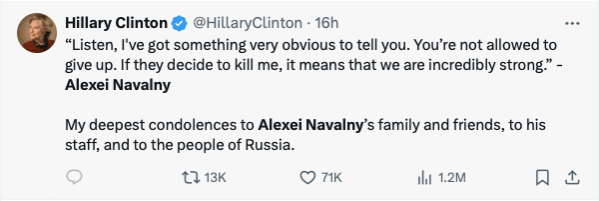
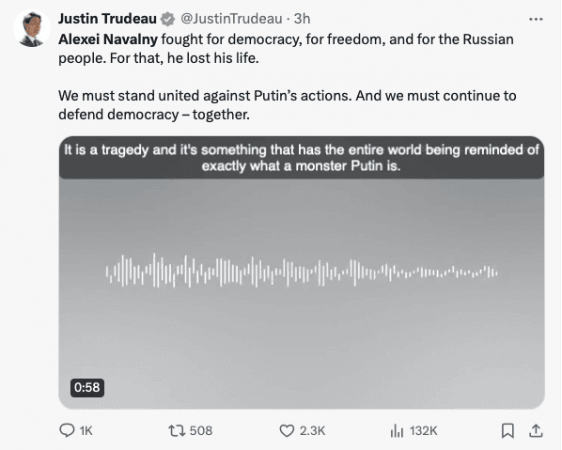
Putin should be held accountable for the death of Alexei Navalny.
— David Cameron (@David_Cameron) February 16, 2024
My reaction to today’s tragic news. pic.twitter.com/qvswRrXlrr
Putin should be held accountable for the death of Alexei Navalny.
My reaction to today's tragic news. pic.twitter.com/qvswRrXlrr
— David Cameron (@David_Cameron) February 16, 2024
- Russia threatens Germany, says missile manufacturing units will be attacked
- Russia bans 54 British journalists, politicians from entering country
- Mutiny ends in Russia: Wagner group agrees to end insurrection; Lukashenko holds talks with Prigozhin





